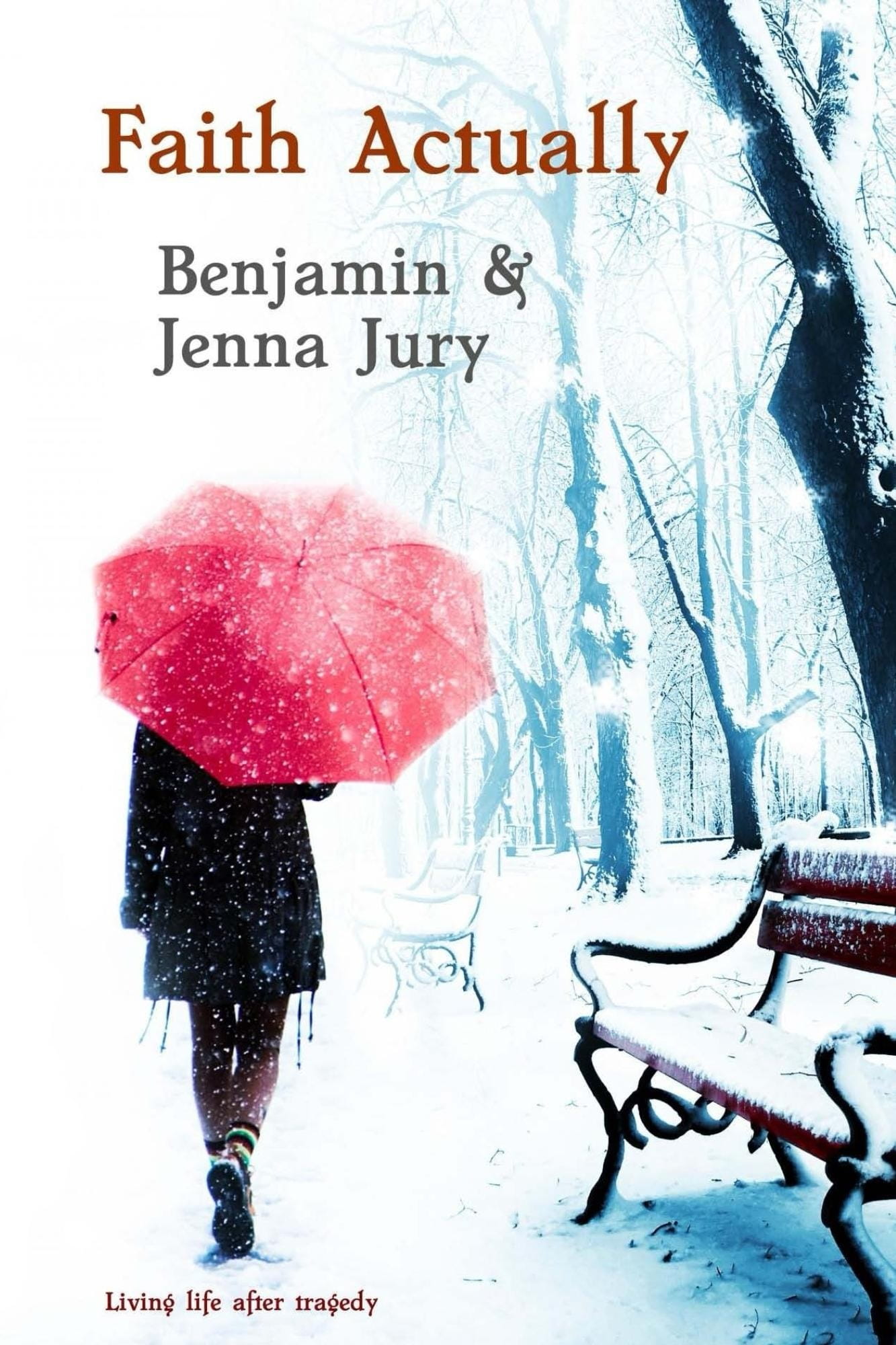
When a death happens, in our finite human nature we want to fix the grief felt by those we love. There has to be some magic words to make it easier, right? It is painful to see someone else in unbearable pain. If we aren’t saying something to make them better, are we really helping?
However, the death of a child may be one of the most overlooked and misunderstood types of grief.
I have noticed in my own personal journey, and from many other grieving friends, when a person loses their baby, whether it is through miscarriage, stillbirth, or after the child is born, many parents feel rushed out of our grief. Our pain and heartache is often explained away and then ignored, primarily because the death of a child seems so unnatural. No one wants to talk about a dead baby. No one wants to see the pain in a mother’s eyes when she mentions what might have been. No one wants to watch as a father becomes tearful at the sight of an outfit unworn or a sport unplayed.
This isn’t done on purpose. Most of the time, the rushing, the ignoring and the unkind words are not out of malice. The onlooker just doesn’t know what to say. They don’t know how to act around our grief. It makes them uncomfortable. The sooner we realize this as a grieving parent, the easier it becomes for us to forgive those who have unintentionally hurt us with words that they didn’t mean.
My son David would be seven this year. In those seven years, Ben and I have been asked ourselves several times, what do you say to a grieving parent? I have learned that most people want to know how to help their grieving friend or family member. Their hearts are broken for their loved one, and they want their words and actions to be helpful, not hurtful. In my grief journey, I have discovered certain default phrases people use that are meant to be kind, but can often cause more pain. They are:
1. At least you know you can get pregnant.
This was said to me several times immediately after David died. It was painful because I didn’t want to just know I could get pregnant. I wanted his pregnancy. I wanted him. You do not know what it took for the grieving mother to become pregnant. You may not know if she had difficulties becoming pregnant or if she had complications during her pregnancy. You do not know if she even wants to have another pregnancy. The grieving mother wants only one thing— her child to be alive and well.
2. You can have more children.
This is a common phrase uttered to women who have lost a child. In grappling for a way to comfort a grieving mother, people say, “Oh you will have another baby” or “Soon God will give you a child.” In saying this, people are unintentionally negating the baby’s life. This phrase makes the grieving family feel like their child is viewed as replaceable and unimportant. Their child was valuable. Their child’s life was important. The parents don’t just want another baby. They wanted this baby.
3. You can always adopt.
This phrase is often viewed as a helpful reminder to a family who is having difficulties growing their families. True, adoption is an option for those who have discussed it and want it to be an option. But adoption may not be an option for this particular family. They may not want to adopt.
4. God wanted another angel.
I’m not sure where this phrase started, but this is not helpful to any grieving family. It is unintentionally saying “Your grief is unimportant because this is just the way God wanted it.”
5. It was God’s will.
This is another phrase that can be harmful. It may be up for debate whether the death of a baby is truly God’s will. However, God taking an innocent baby that was wanted and loved is not helpful information, whether it is true or not. The grieving family could be going through a lot of doubt and confusion with God at that moment, or they may not be believers at all. Regardless, this phrase could have the exact opposite effect of its intended purpose. The grieving family may just become very angry at God instead.
If you have a grieving family member or friend, it can be difficult to know exactly what to say. The truth is there are no words that will bring their child back. Without their child, your loved one will be forever changed in one way or another. The best thing you can do for them is simply be there for them and love them.

Benjamin and Jenna Jury are the authors of “Faith Actually: Living Life after Tragedy” which they wrote after the death of their son, David. The couple met while attending Central Bible College, and have been married for eight years. Ben was a member of the U.S. Navy where he was given the Navy Achievement Medal for Superior Service and Duties. Jenna earned her B.S. Degree in Biblical Studies from Indiana Wesleyan University. They served as associate pastors for two years, and have two biological daughters. They plan on adopting a little boy from Vietnam soon. Visit https://www.FaithActually.com for more information.
Photo Credit: Pexels








